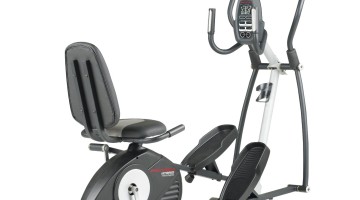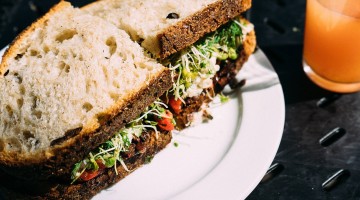You have heard that you need to speed up your metabolism to burn more calories and fat. But what the heck is metabolism anyway? How does it work? What is the actual process which goes on in your body that converts food to energy and health?
What is Metabolism?
Human metabolism is incredibly complex. Explaining exactly what happens is well beyond the scope of this short article. Simply put in layman's terms, your metabolism is a collection of thousands of chemical reactions which take place in your body. They convert nutrients in food into energy. This allows you to move and think and live. When your metabolism is working properly, you maintain a healthy body weight, your immune system is strong and you experience optimal health.
Actually, metabolism runs through 2 channels, catabolism and anabolism. Your catabolistic process breaks down carbohydrates, fats and protein into smaller pieces. This way your body can more easily break down food to create energy. Scientists often refer to this as your "destructive metabolism".
Anabolism is alternately known as your "constructive metabolism". Instead of breaking things down, the anabolic processes in your body naturally support new cell growth, healthy maintenance of tissues, and energy storage for later use.
Those processes are ruled by your nervous system and hormones. They can basically divided into the following 3 main components:
1 - Energy used for physical activity
How many kilojoules (a measurement of energy) you use when you move dictates how many calories you burn. Energy use during exercise or other types of physical activity can be 50 times your resting rate, so your metabolism is cranked up very high.
2 - The thermogenic property of food
When you eat and digest food, your metabolism increases. That is why dieters that skip meals and drastically limit their caloric intake usually do not lose weight, and they never seem to have any energy. When you eat, your metabolic rate rises, usually peaking 2 to 3 hours after your meal is over.
3 - Your basal metabolic rate (BMR)
Some call this your "resting" metabolic rate. It refers to how many kilojoules your body burns to simply maintain itself. This can be as much as 50 to 80% of your total energy use, depending on heredity and your level of physical fitness. Your BMR instantly rises when you burn fat and replace it with lean muscle mass.
What are the important takeaways from today's short course on metabolism?
You should eat frequently, dividing your recommended daily calorie allowance over 5 or 6 meals. You need to keep moving, standing rather than sitting. And for every pound of fat you trade for muscle, your natural metabolic rate increases. So eat smart, keep moving, and add some muscle to develop a healthy and good-looking body that you feel great wearing.





